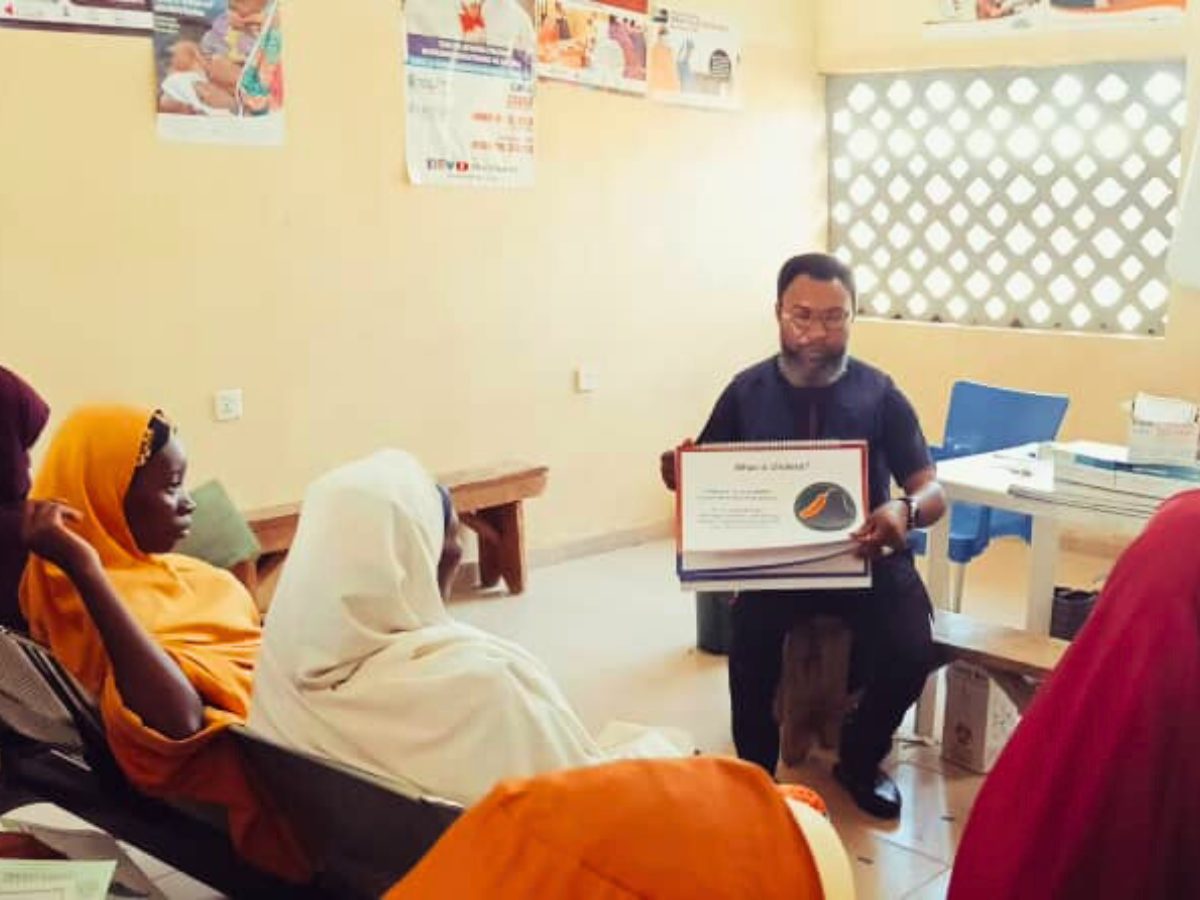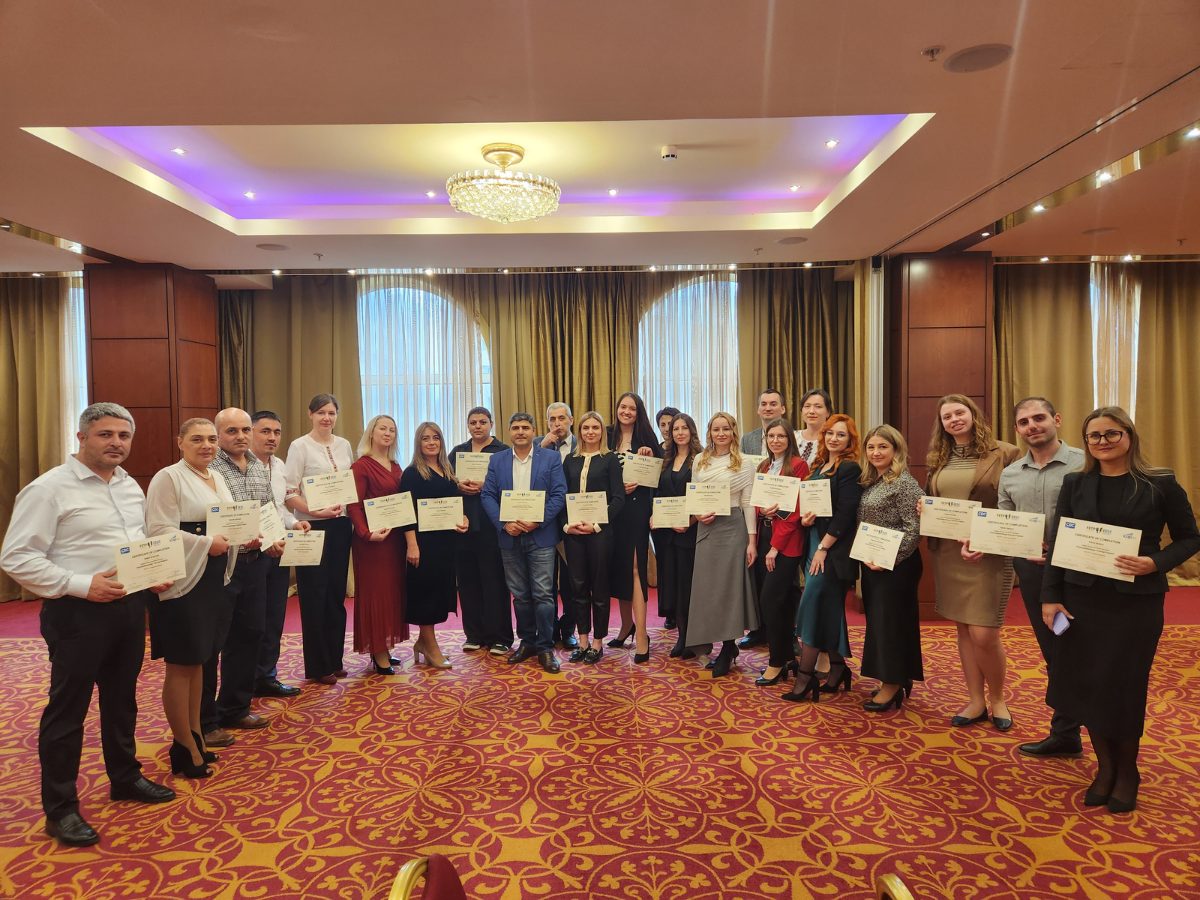From the week of April 24, ICAP at Columbia University is observing World Immunization Week, which aims to highlight the collective action needed to promote the use of vaccines to protect people of all ages against disease.
This year’s theme – Long Life for All – underscores a reality widely illuminated by the COVID-19 pandemic: inequitable access to lifesaving health care resources, including vaccines.
While safe and effective COVID-19 vaccines were developed in record time, the majority to date were available to populations in high- and middle-income countries. Disparities in vaccine access also exist within countries. For example, in the United States, Black and Latinx populations were vaccinated initially at significantly lower rates than white populations. Furthermore, globally, the COVID-19 pandemic severely disrupted established immunization programs for children. Although gaps most evident at the start of the pandemic have begun to close, inequity continues to pose a major obstacle to fair and just health.
Fair and just health is at the core of ICAP’s vision for improved immunization practices around the world, especially in the context of the COVID-19 pandemic. We believe that all people should have access to the health services they need, when and where they need them, without meeting adversity in acquiring them. By helping prevent infectious diseases, vaccines remain one of the greatest advances in public health that give people a fair chance to thrive. ICAP aims to address the challenges that limit access to and availability of health care services, including safe and effective vaccines. Our vision is a health care system in every global community capable of providing critical health care services to all people, starting with the most vulnerable, so that no obstacle stands in the way of any person living a healthy and long life.
In Uganda, for example, ICAP is identifying bottlenecks that inhibited vital immunization services during the COVID-19 pandemic. To understand the social and behavioral drivers of COVID-19 vaccination and barriers to general vaccine access, the Uganda Ministry of Health and UN Expanded Program on Immunization, in collaboration with ICAP and the U.S. Centers for Disease Control and Prevention, conducted a survey of health care workers and caregivers of young children in Uganda. Respondents cited limited transportation options, fear of contracting the coronavirus, and lack of funds for transport as the major reasons they were unable to access immunization services during COVID-19 lockdowns. ICAP and collaborators are using the gathered data to make recommendations to national health programs – such as improved transportation services and increased consistent messaging around vaccination – to enhance vaccine uptake. Similar work is also now getting off the ground in Ethiopia.
In Lesotho, ICAP supports effective reporting of adverse events following immunization, an important first step in ensuring that vaccines are safe and being safely administered. Nearly half the world’s population lives in countries that lack an effective system for monitoring the safety of vaccines. ICAP is using this reporting to summarize rare adverse effects of vaccines, including COVID-19 vaccines, to help improve health communications and vaccine knowledge dissemination throughout the country, with the goal of improving vaccine uptake and coverage.
“While COVID-19 has highlighted some of the challenges to ensuring equitable access to vaccines, we know that equitable access to routine immunization services remains a public health challenge,” said Wafaa El-Sadr, MD, MPH, MPA, director of ICAP. “The lessons learned from this ongoing work will inform the way forward.”
Over the last decade, immunization coverage has stalled in many countries, and in some cases even declined, putting many at risk for serious illness and disease – over 10 million children globally still lack access to even a single dose of basic vaccines. This World Immunization Week is an important opportunity to recommit to building trust in the value of vaccines and addressing the challenges that limit equal access to and availability of immunization services.








